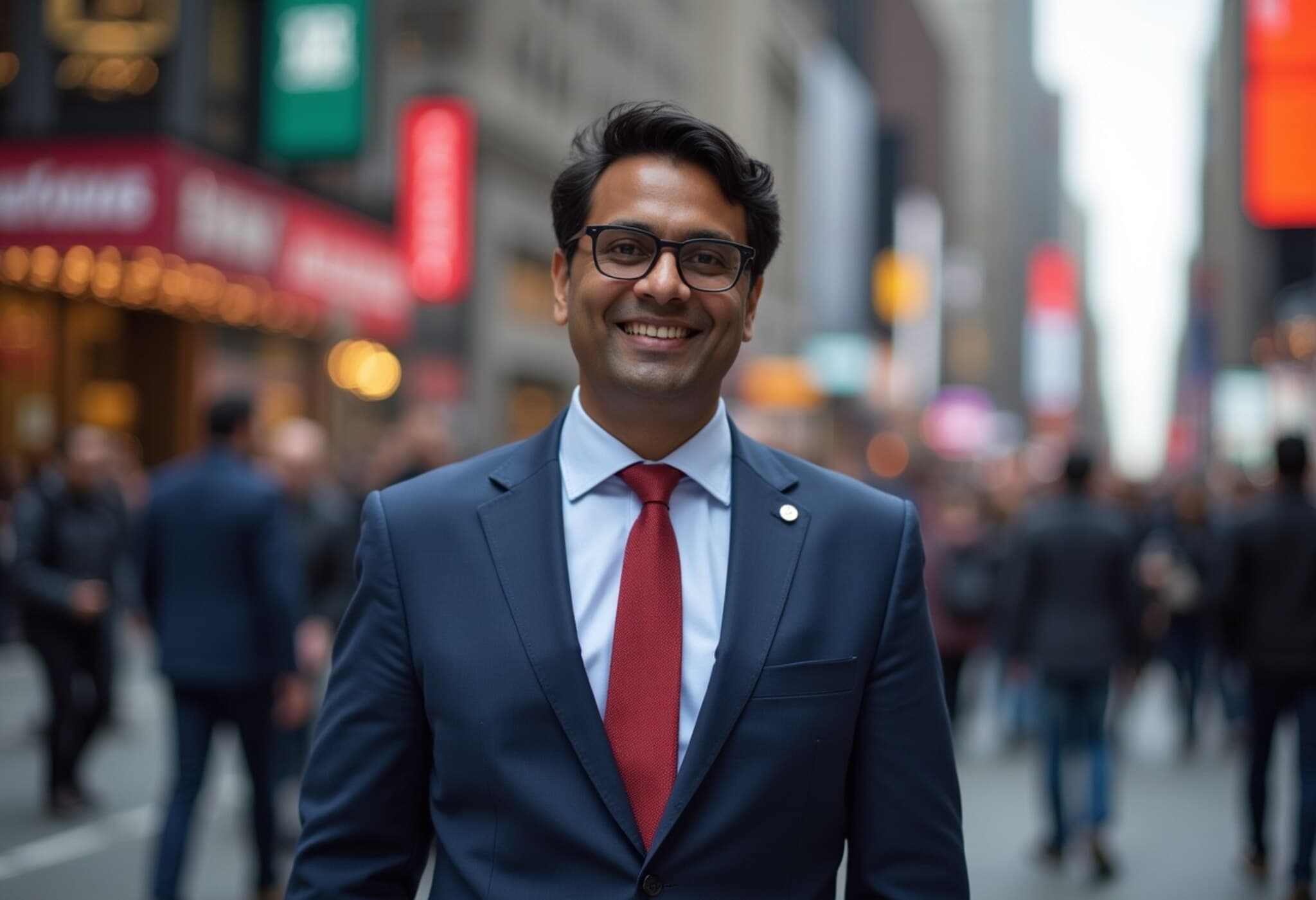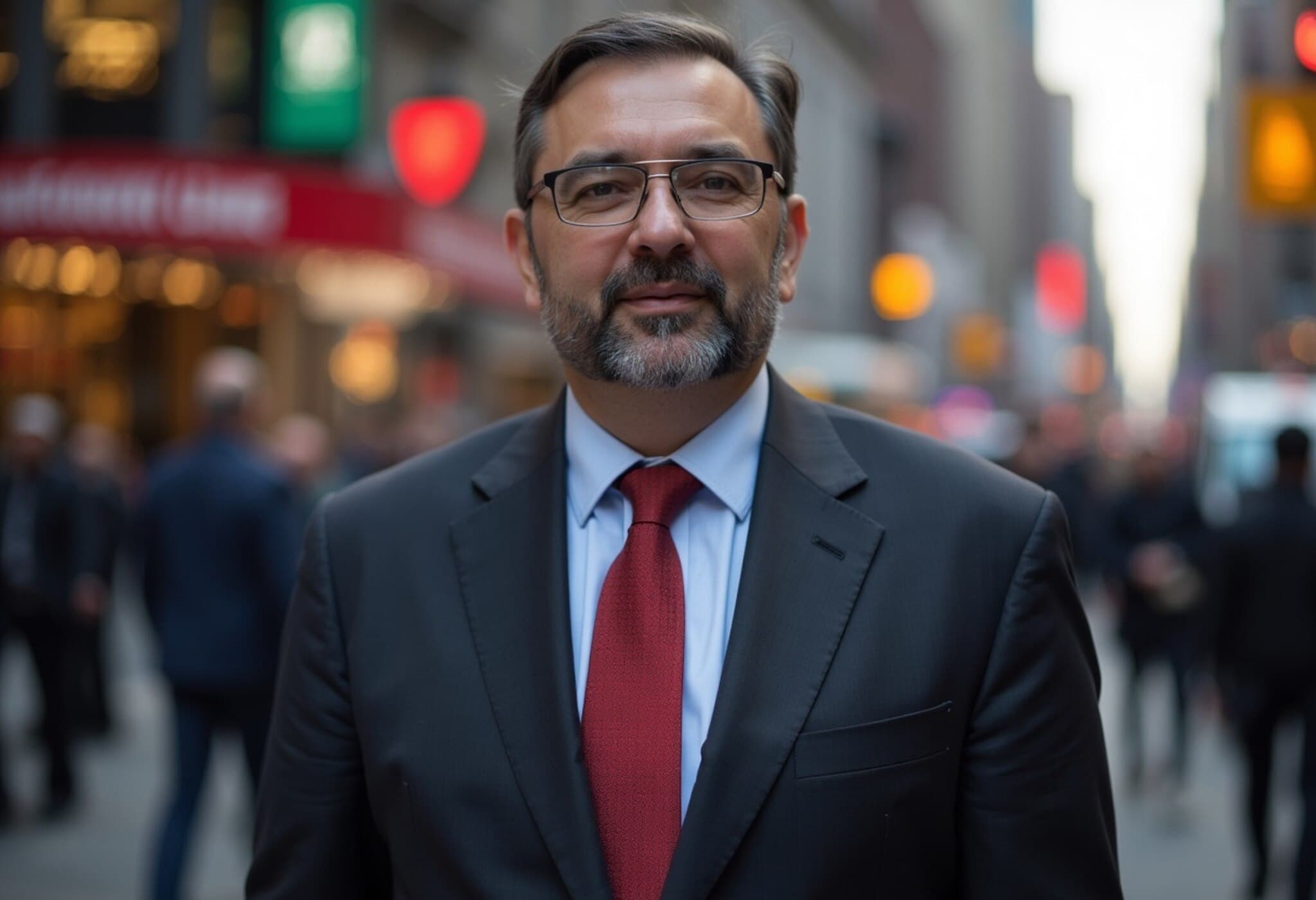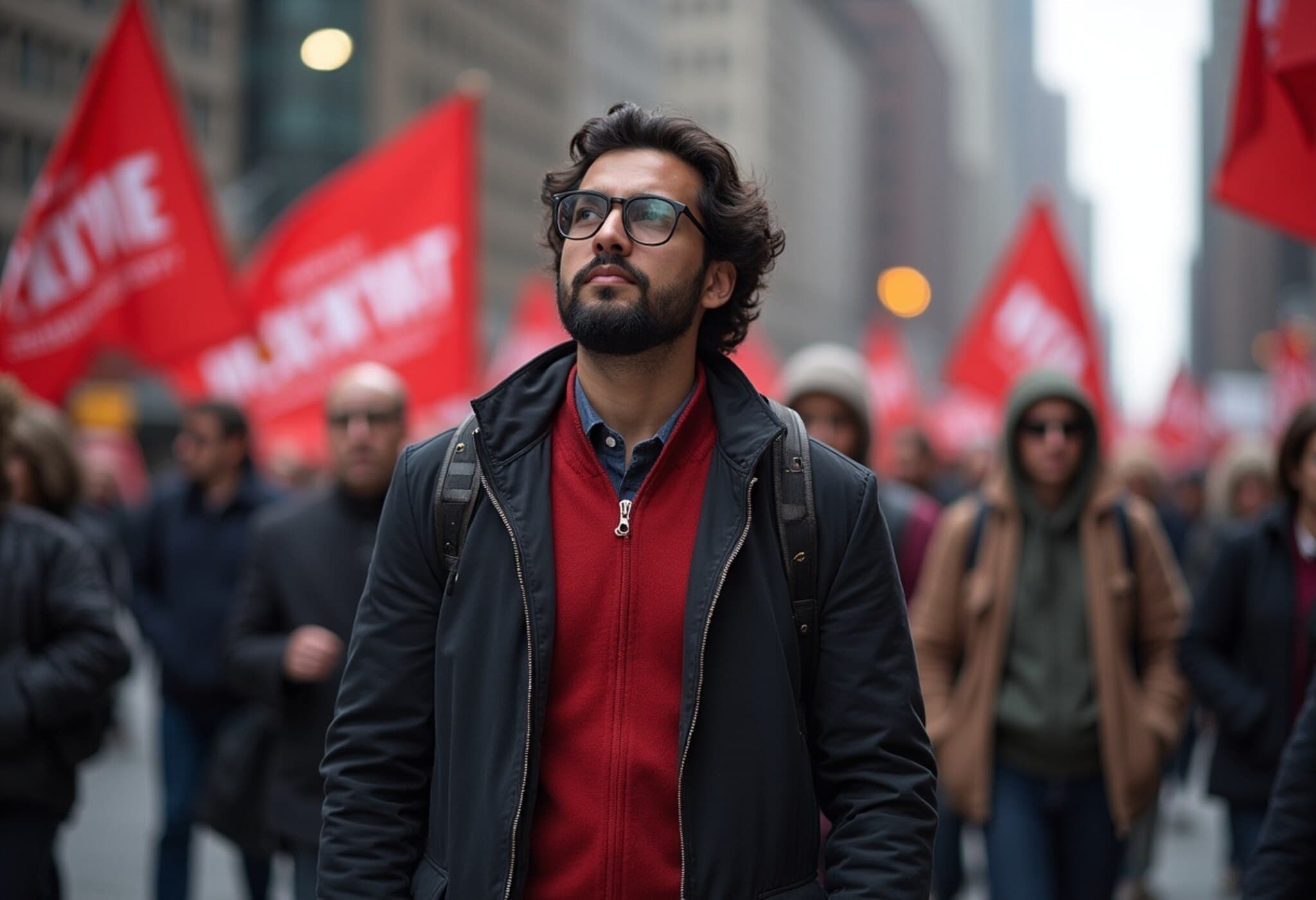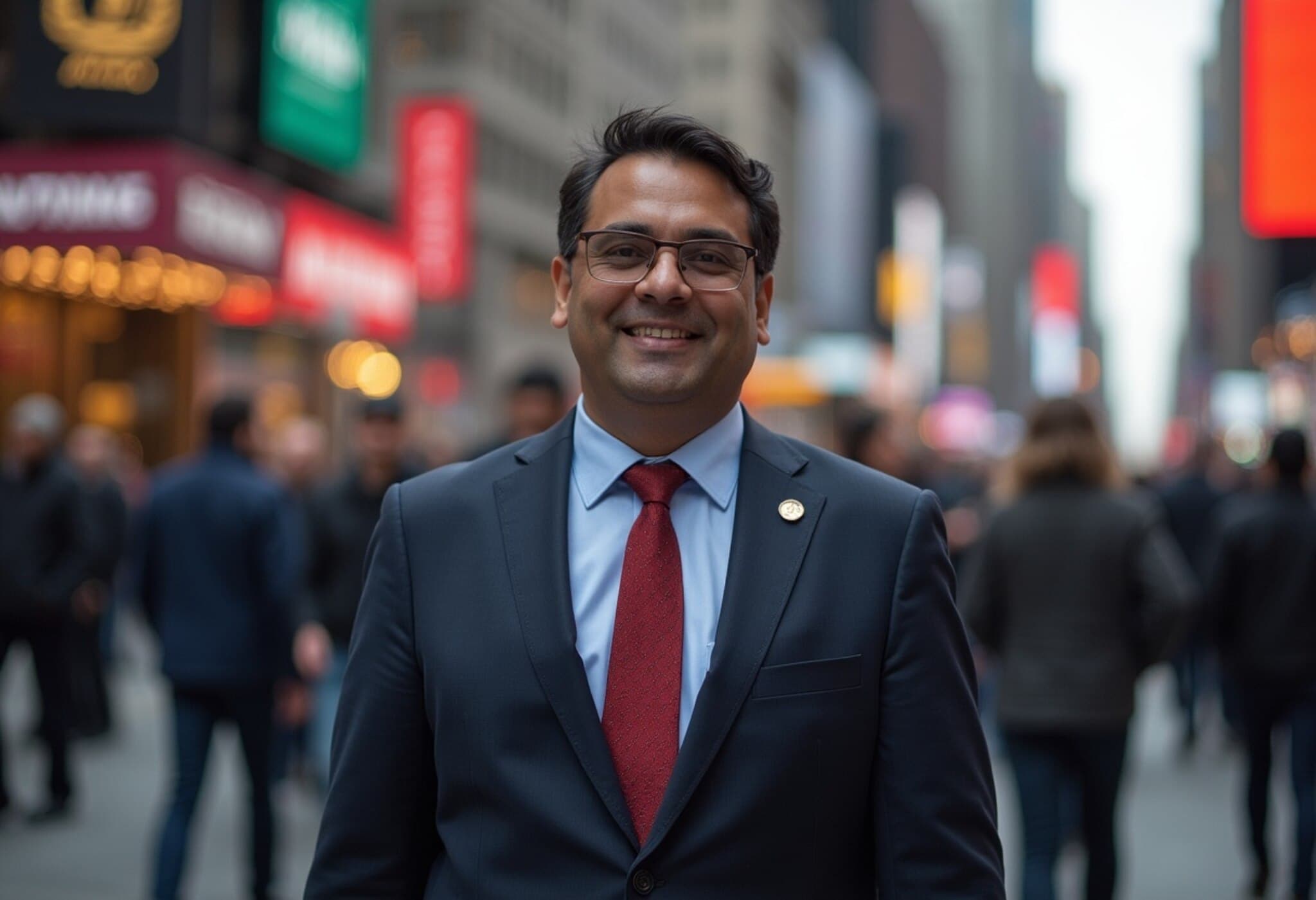Nearly 600 Signatories Urge Sequoia Capital to Repudiate Partner’s Inflammatory Comments
In a striking display of collective protest, nearly 600 individuals across the tech and startup ecosystems have signed an open letter demanding that Sequoia Capital publicly denounce comments made by their partner, Shaun Maguire. The venture capitalist’s remarks, targeting Zohran Mamdani — a Democratic mayoral candidate in New York City — have ignited a fierce debate about political expression, religious prejudice, and corporate responsibility within the investment community.
The Controversy: Maguire’s Statements and Backlash
Over the weekend, Shaun Maguire, a prominent partner at Sequoia Capital and vocal supporter of former President Donald Trump, posted on the social media platform X (formerly Twitter) that Mamdani “comes from a culture that lies about everything” and suggested the candidate was promoting an “Islamist agenda.” These comments have been widely condemned as inflammatory and Islamophobic, rapidly gaining traction with over 5.3 million views by Monday afternoon.
Zoharn Mamdani, a self-described democratic socialist who recently won the Democratic primary for New York City mayor, has attracted notable support from various sectors, including tech and business communities, for his progressive platform and recent historic primary victory over former New York Governor Andrew Cuomo.
Signatories Demand Policy Change and Accountability
The open letter sent to Sequoia Capital’s leadership not only requests a formal public apology to Mamdani and Muslim founders affected by Maguire’s remarks but also calls for:
- An unequivocal condemnation of Maguire’s statements by Sequoia Capital.
- An independent investigation into Maguire’s conduct over the past two years.
- The establishment of a zero-tolerance policy on hate speech and religious bigotry within the firm.
- A public response by July 14, with the warning that failure to comply would trigger broad media outreach and mobilization efforts to hold the company accountable.
Notable signees include Mudassir Sheikha (CEO of Careem), Amr Awadallah (CEO of AI startup Vectara), and other founders associated with Sequoia-backed companies or the Y Combinator accelerator. Their stance underscores a growing concern over the intersection of political expression and inclusivity within influential Silicon Valley investment firms.
Sequoia Capital’s Political Landscape and Leadership Responses
Sequoia Capital’s history reflects a complex political tapestry. Doug Leone, a longtime partner until 2022 and notable Republican donor, openly supported Trump’s 2024 campaign and celebrated his victory publicly. Conversely, Mike Moritz, Leone’s predecessor and a Democratic megadonor, has vocally criticized Trump and warned of the risks of uncritical tech support for controversial political figures.
The current lead partner, Roelof Botha, has taken a more neutral stance, asserting that Sequoia as a partnership maintains political neutrality and encourages partners to freely express their individual views. Botha stated last year: “We don’t take a political point of view … We are proud that we’ve enabled many of our partners to express their respected individual views along the way.”
Shaun Maguire himself has never shied away from his political allegiance, publicly donating $300,000 to Trump’s campaign last year and embracing a combative approach to criticism, stating, “You can try everything you want to silence me, but it will just embolden me.”
Expert Commentary: Navigating Free Speech and Corporate Ethics
This controversy highlights a critical tension faced by venture capital firms and tech leaders today: balancing the rights of individuals to express political beliefs with the imperative to foster inclusive and respectful workplaces. In an industry thriving on diversity and innovation, incendiary remarks targeting specific religious or cultural groups can undermine trust, deter talent, and damage reputations.
Legal analysts note that while Maguire’s comments fall under protected speech, firms have the authority — and arguably the responsibility — to enforce standards that promote respectful discourse. Venture capitalists, as influential financiers directing billion-dollar investments, carry significant social capital and thus face growing pressure from founders and employees alike to maintain ethical leadership.
What’s Next for Sequoia Capital and the Industry at Large?
The deadline imposed by the signees places Sequoia Capital at a crossroads: either take decisive action to address internal cultures of bias or risk broader public backlash. This incident is emblematic of a larger reckoning across Silicon Valley, as stakeholders increasingly demand accountability on social issues beyond pure financial performance.
This case also raises poignant questions:
- How should venture capital firms balance partners’ personal political convictions with their obligations to inclusive workplaces?
- What mechanisms can firms implement to investigate and remedy behavior that harms their diverse communities?
- Could this controversy signal a shift toward more socially conscious investing and governance in tech?
Editor’s Note
This episode at Sequoia Capital serves as a vivid reminder that venture capital firms are not only financial entities but also cultural forces shaping the future of innovation and inclusion. The tech industry’s progressive veneer is being tested by real ideological conflicts that demand nuanced understanding and principled responses. Observers and stakeholders alike will be watching closely to see if Sequoia’s leadership can rise to this challenge, setting an example for the industry or deepening divides.
As this story unfolds, readers should contemplate the complex interplay between free speech, corporate responsibility, and the evolving expectations placed on leaders in high-stakes financial and technological environments.



















